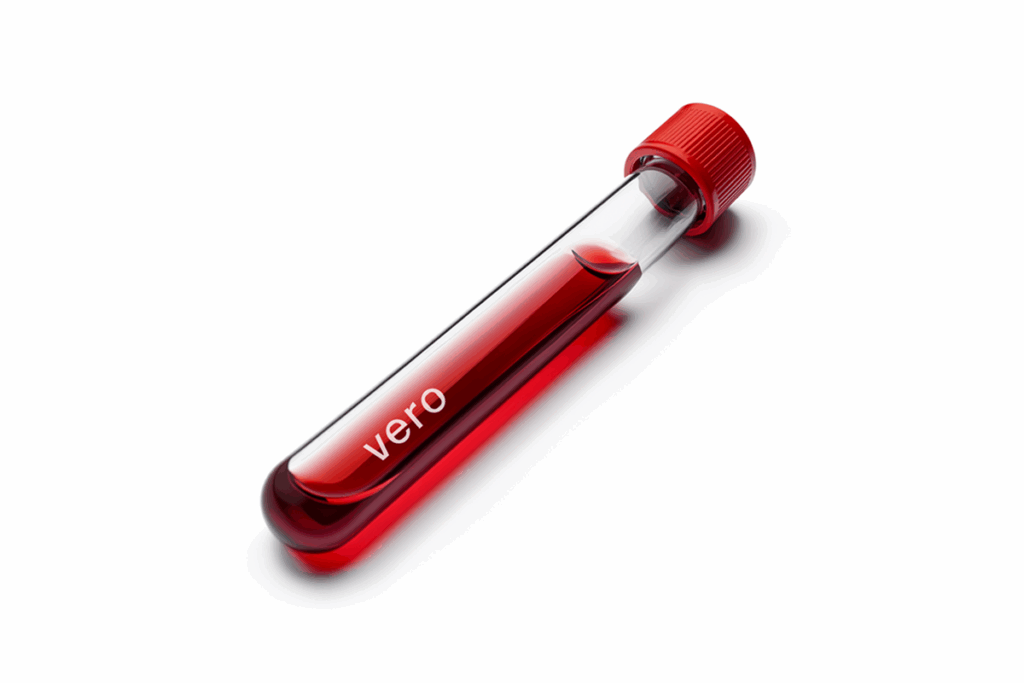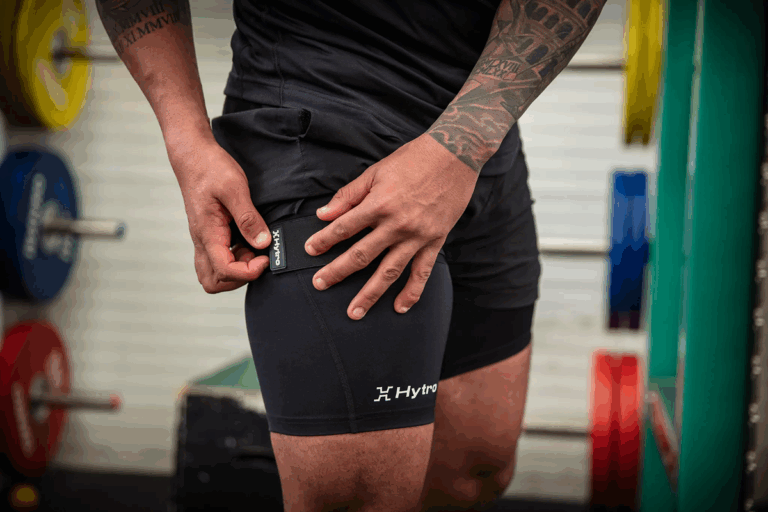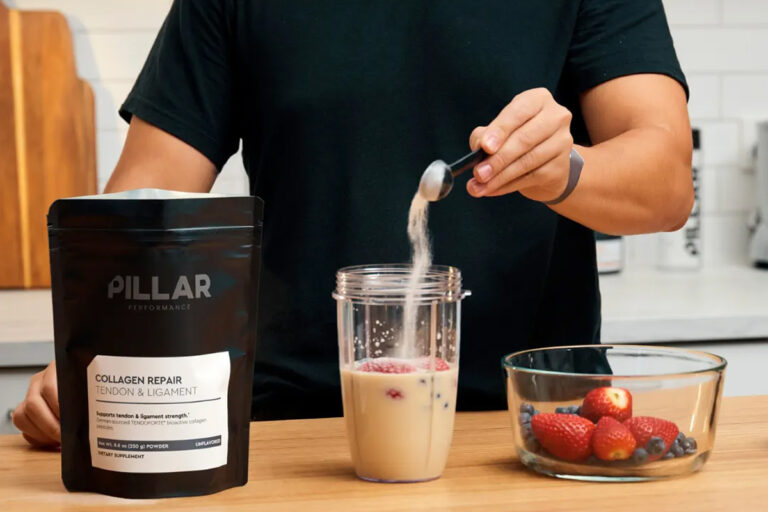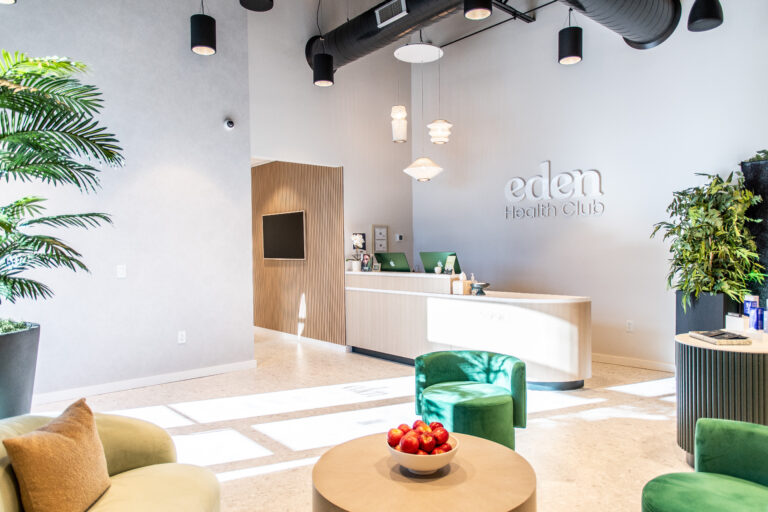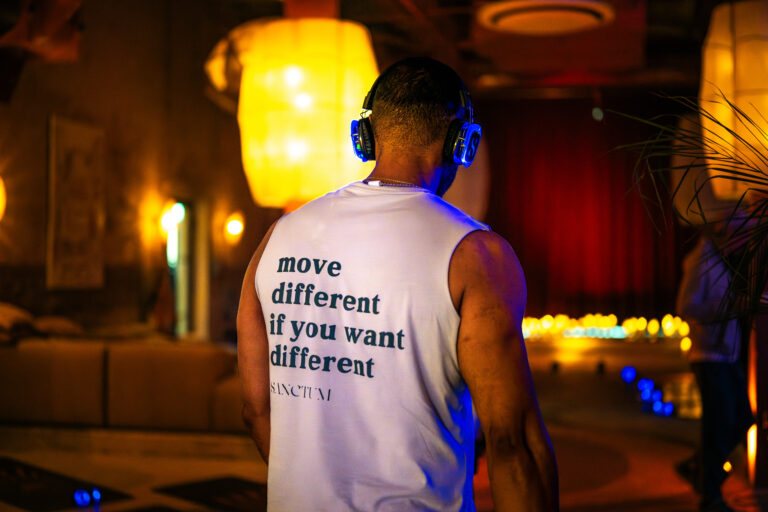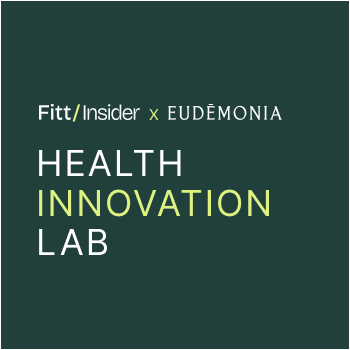In this Q&A, you’ll hear from Paul Coletta, co-founder and CEO of Vero Bioscience, a precision health platform measuring and optimizing organ health for longevity. Paul explains how breakthrough proteomics and AI unlock life-changing interventions, all from a simple at-home blood test.
Tell us about Vero.
Paul Coletta: Vero is redefining how we understand and measure health, before disease begins. We’ve built a precision health platform that uses advanced proteomics and AI to assess the biological age and function of your organs.
Unlike typical diagnostics that tell you what’s broken, Vero looks for the earliest signals of change so we can intervene before things fall apart.
From a simple at-home blood test, we measure over 5K proteins, compare them to healthy patterns, and tell you which organs are aging faster than they should. From there, we recommend specific interventions, lifestyle changes, supplements, or therapeutics to help optimize that organ’s health.
Our motto: You’re only as healthy as your oldest organ.
What led you to pursue this opportunity?
PC: I’ve spent my life building wellness brands, but Vero was born from something deeper: curiosity, frustration, and purpose. I wanted to know how truly healthy I was. Not vague wellness vibes; real answers.
I teamed up with Dr. Tony Wyss-Coray, one of the world’s top aging scientists from Stanford. His lab had developed a breakthrough: the ability to detect which organs are aging faster using just a blood test. We realized if we could make that technology accessible to consumers, we could flip healthcare on its head, shifting it from reactive to proactive, from symptom to signal.
Personally, I’m 61. I want to stay strong, mobile, mentally sharp, and avoid the chronic diseases that have impacted my family.
That’s what Vero’s about: staying ahead of decline, not waiting for it. We do that by improving organ health, because that’s really what determines how long and well you live.
How did you turn your idea into a company?
PC: We’re focused on three tracks: scientific validation, exceptional product design, and trusted partnerships. Our organ aging clocks are already showing exciting signals. Now, we’re proving efficacy through longitudinal testing.
At the same time, we’re building a premium consumer experience. That means not just a pretty dashboard but a product that interprets your data and explains what to do next, shows how much progress is being made, and reveals a path to health.
What makes Vero more actionable than other aging tests is the specificity of its insights. Instead of giving you a general biological age, we tell you the biological age of each major organ compared to your actual age, allowing for targeted interventions. For example, if your liver is aging faster than the rest of your body, we can recommend organ-specific lifestyle changes or therapeutics to slow that decline.
It’s like inspecting a bunch of bananas: one overripe fruit can spoil the rest. Vero helps you find your weak link—your most accelerated organ—and get ahead of it before it drags down your whole system.
How big can this get?
PC: Aging is the biggest risk factor for every chronic disease, yet most diagnostics wait until it’s too late. We believe Vero can become the AI clinician for healthy people, offering continuous, personalized health guidance based on dynamic biomarkers.
We’ve got early traction with high-performance clinics like Human Longevity, and we’re exploring strategic partnerships that bring Vero to more people.
Our long-term vision is to make this affordable and accessible to the masses without compromising on quality.
How do you reach your core customer?
PC: We’re starting with the optimizers: the biohackers, longevity-seekers, and early adopters who want the best tools to stay at peak performance. But our real mission is to reach the “worried well” people, who feel fine but want to know if something’s quietly going wrong inside.
We’re designing Vero to be accessible, empowering, and emotionally intelligent. This isn’t about fear; it’s about agency. People need guidance alongside data. They need to understand how to act, how to feel about it, and how to track progress.
The goal is to make this part of everyone’s health routine, and we’ll reach them through health clinics, longevity brands, and eventually direct-to-consumer channels as we scale.
What’s next on the roadmap?
PC: We’re launching our beta program this summer with select clinics and early adopters. Our goal is to validate efficacy across multiple organ systems, showing measurable improvement in biological age with targeted interventions.
We’re also building out our digital experience with reports but, more importantly, with ongoing health coaching powered by AI.
Long term, Vero becomes a recurring health loop: test, assess, intervene, retest. Eventually, it will include a curated marketplace of validated interventions. It’s the at-home AI health clinic, starting with your blood.
Anything else you’d like to share with readers?
PC: The healthcare system isn’t broken — it has become obsolete. The answer then is not to try to fix it but leapfrog it. With emerging science like ours, we believe the future of health will be built outside the system, not from within it.
If you’re interested in having your company featured in our Q&A series, send an email to team@fitt.co.
